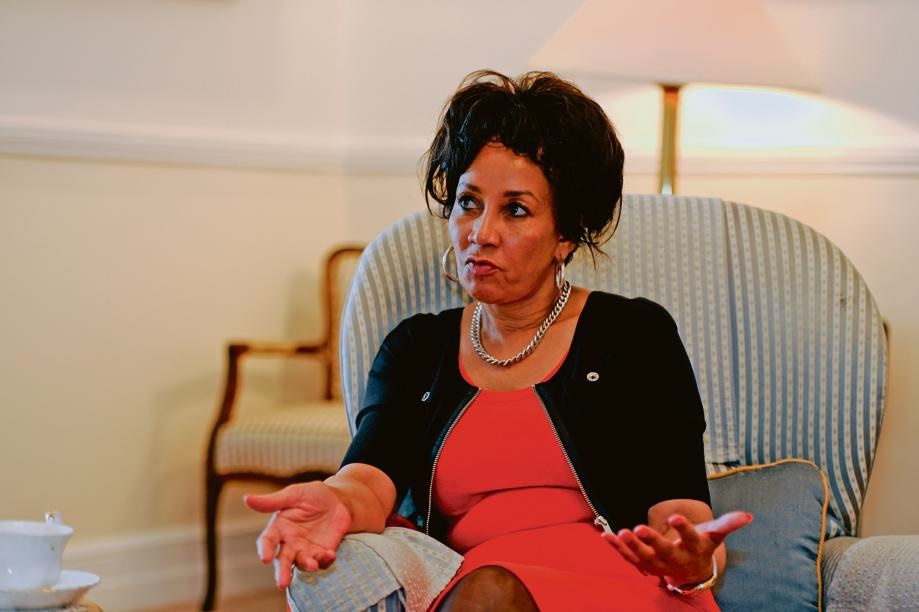
The reconstruction and development of any country is a continuing challenge. Life churns out challenges that were never anticipated, and their magnitude increases in a world of unprecedented rapid change and disruption.
Ours is the enormous challenge of redressing the damage that apartheid inflicted on our country. To do so requires new imagining; failure to do so will leave us incapacitated.
Fortunately, we embarked on this journey six decades ago, when we formulated our founding document, the Freedom Charter.
Where apartheid sought to oppress and divide our nation, we imagined and began to fashion a future of a free, united, nonsexist, nonracial, democratic and prosperous society in which all persons would live in harmony and equal opportunity.
Sadly, by the time the apartheid ideology had been defeated, the country’s geography had been scarred almost irreversibly.
READ: Interactive map showing the legacy of apartheid planning
We are still far from achieving the goal of “breaking down apartheid geography through land reform, more compact cities, decent public transport and the development of industries and services that use local resources and/or meet local needs”.
We must imagine the future expressed in the Freedom Charter, while incorporating the realities brought about by rapid urbanisation, new technologies and globalisation.
It requires us to confront and find solutions around changing demographics, energy scarcity, unemployment, depressed economic growth and energy deficits; to transform our cities to become “laboratories for innovation”.
Old planning paradigms no longer hold true. We have to adapt to the rapidly changing environment and grasp the challenges confronting us and the opportunities that they present.
The UN Habitat report on the State of African Cities (2014) provides valuable insight into challenges in the African region.
The total African population is projected to expand from about 1 billion in 2010 to about 3 billion by 2070.
The shift from rural to urban population majorities is significant, and varying and increasing levels of urban poverty, inequality and inefficiency, and the effects on renewable and nonrenewable natural resources, have so far mirrored urban economic growth.
No nation is exempt from the vulnerability brought by climate change and its associated environmental shifts, and Africa’s highly populated urban areas are particularly at risk.
Whereas a reimagined African urbanism would undoubtedly embrace some parts of the Western urban model, Africa has an opportunity to seek policy and strategic directions that incorporate long-term sustainability for social, environmental and economic development that will better deliver.
African cities have the advantage of leapfrogging conventional urban development paths directly to greener urban economies.
Greener solutions, climate change adaptations, vulnerability reduction, technological innovation, urbanisation and economic development go hand in hand. Planning and financing for sustainable urban growth are priorities that can generate economic and social opportunities.
Many of the challenges ahead involve migrations that sometimes overwhelm limited resources.
The planning profession has to reinvent its approach to inclusive settlements, and balance embracing informality and planning for sustainable service delivery.
The Third UN Conference on Housing and Sustainable Urban Development (Habitat III), set to take place in Quito, Ecuador, in October, presents an opportunity to craft a new urban agenda for the world, and in particular for Africa.
The continent started preparing for Quito with the African Union approving a Common African Position on Habitat III earlier this year. A substantive South African Country report has been submitted to the UN.
Both reports recognise urbanisation as an opportunity for economic, social and spatial transformation by harnessing the advantages of agglomeration and concentration of population to share in the so-called urban dividend.
Sisulu is the minister of human settlements




 Publications
Publications
 Partners
Partners








